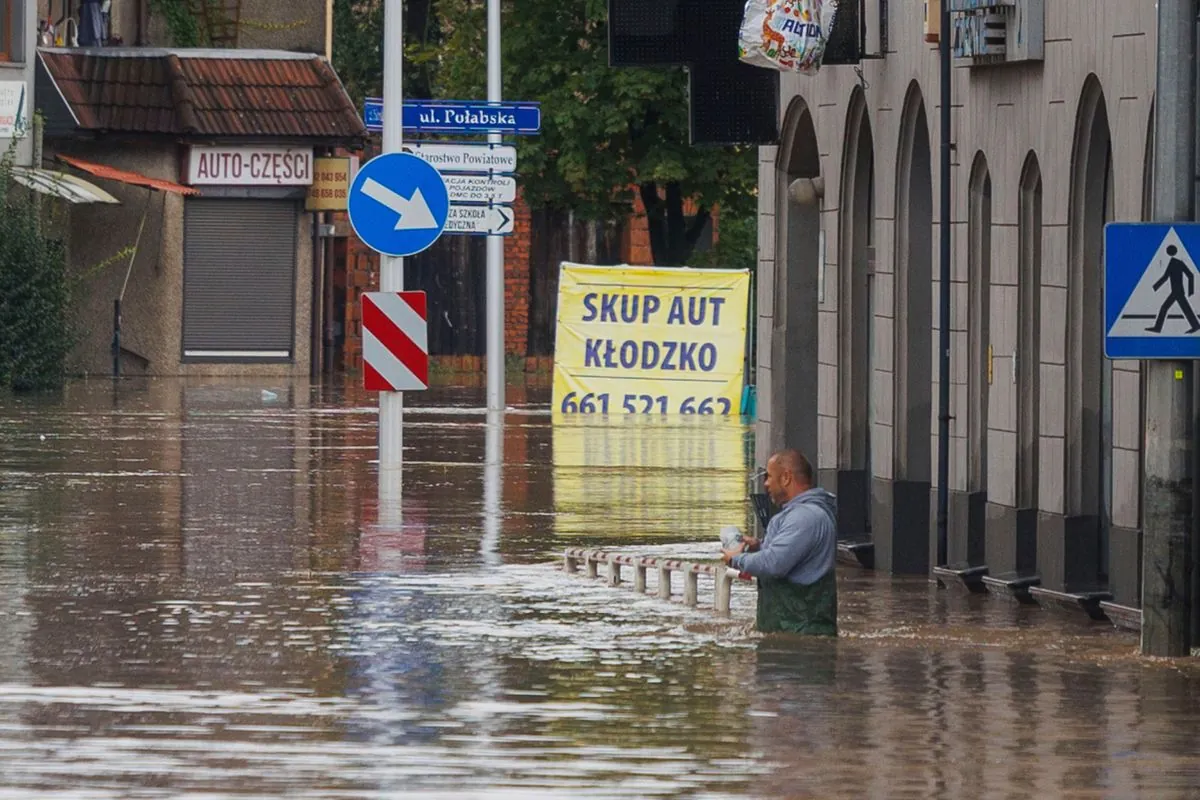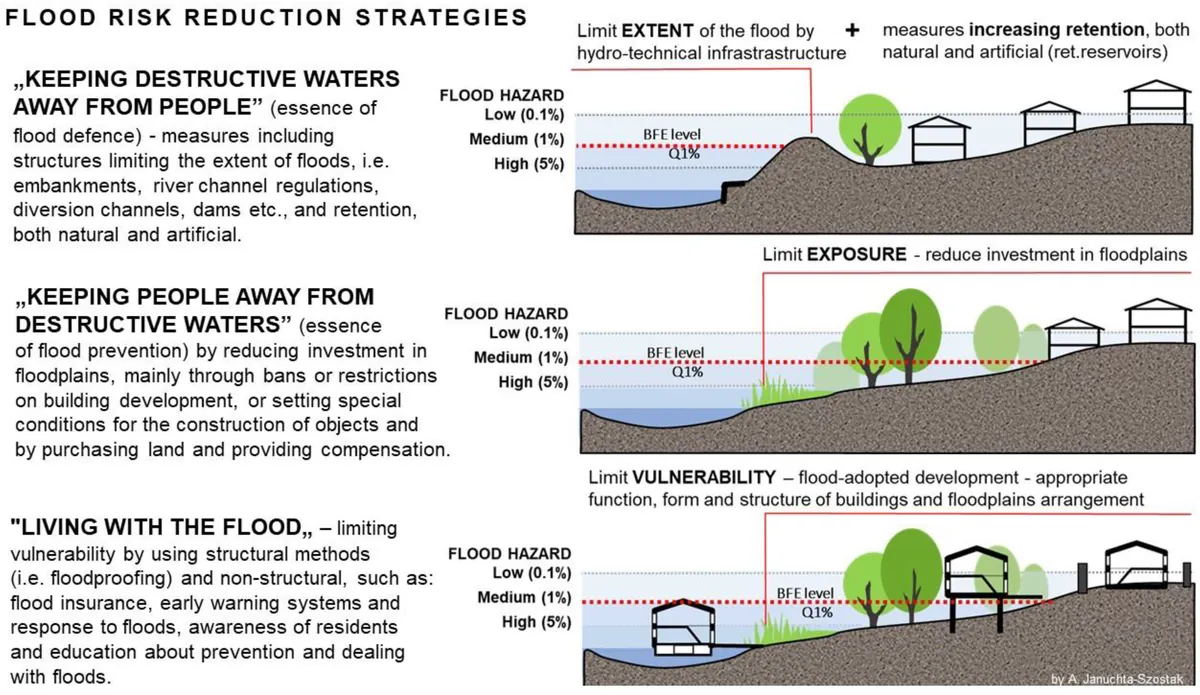Poland Considers Budget Revision Amid Devastating Floods
Severe floods in Poland may lead to 2024 budget changes. Finance Minister estimates damages in tens of billions of zlotys, suggesting EU's 5 billion euro aid might be insufficient.

In the wake of catastrophic floods, Andrzej Domanski, Poland's Finance Minister, has indicated a high likelihood of revisions to the country's 2024 budget. The government is expected to make decisions within the next fortnight, as the nation grapples with the aftermath of what experts are calling the most severe flooding in Central Europe in over two decades.
The floods have left a path of destruction across multiple countries, from Romania to Poland. As the largest economy in Central Europe, Poland faces significant challenges in recovery and reconstruction. Domanski stated, "We are talking about tens of billions of zlotys," when discussing the estimated cost of damages, though he refrained from providing specific figures.
Poland, with its predominantly flat terrain and the presence of the Vistula, its longest river, is particularly vulnerable to flooding. The country has a long history of dealing with such natural disasters, with the 1997 "Millennium Flood" serving as a stark reminder of the potential devastation. Since then, Poland has invested in flood prevention infrastructure, but the recent events highlight the ongoing challenges posed by extreme weather, which is becoming more frequent due to climate change.

The European Union has pledged support for the affected Central European nations. Ursula von der Leyen, President of the European Commission since 2019, announced that billions of euros would be made available to aid in recovery efforts. Specifically, the EU has committed 5 billion euros ($5.58 billion) for flood recovery. However, Domanski suggested that this amount might not be sufficient to cover Poland's losses.
Poland, a member of the EU since 2004 and part of the Schengen Area, has access to various EU funds for natural disaster relief. However, the scale of the current crisis may require additional resources. With a population of about 38 million and a GDP of approximately $688 billion as of 2023, Poland faces a significant economic challenge in the aftermath of these floods.
The Polish government has implemented immediate measures to alleviate the burden on affected areas, including deferring tax payments. However, the long-term economic impacts of the flooding are likely to extend beyond immediate damage, potentially affecting agricultural output and requiring substantial investment in reconstruction.
As Poland navigates this crisis, the government's response and potential budget revisions will be crucial. The country's disaster relief fund and fiscal policies will be put to the test as it works to recover from this catastrophic event while maintaining its economic stability within the broader European context.
"In flood areas, they have deferred tax payments...and there are a number of factors that make the probability (of a budget amendment) increase."
The coming weeks will be critical as Poland assesses the full extent of the damage and formulates its recovery strategy, balancing immediate needs with long-term fiscal responsibility.


































